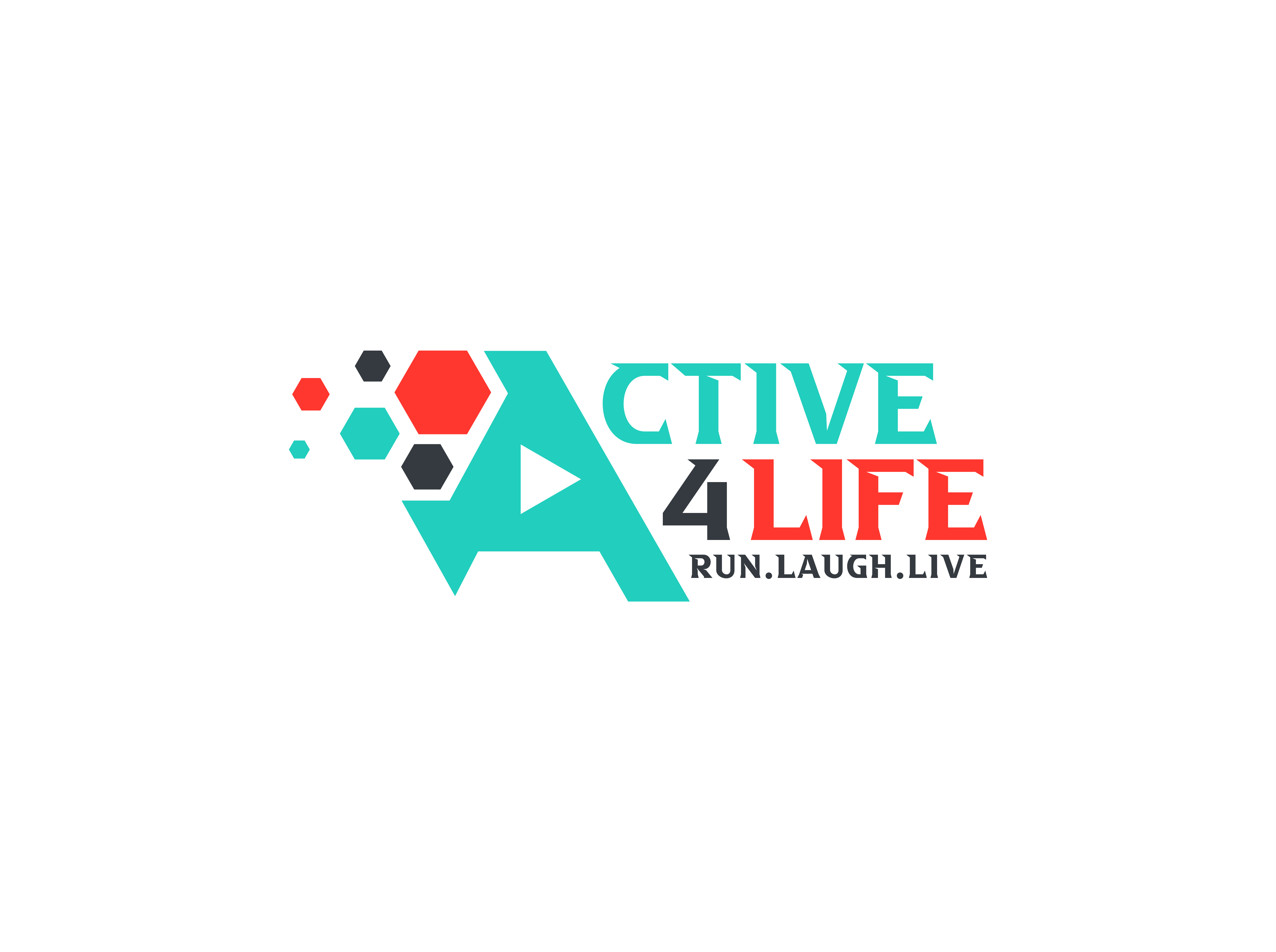With the advent of digital tracking devices, many runners, who ordinarily would not have kept a training diary, have become very committed with logging runs. What is mostly tracked though is miles, duration and meters of vertical ascent. These are great for motivation and ego building, but there are a number of other important variables that you would do well to track as well.
Below I list some of these, that if kept an eye on, could save you ending up in the dreaded overtraining pit and will also help you get the best performance improvement out of your mega miles.
1. Resting heart rate
This is best taken first thing in the morning. A sudden rise in your average resting heart rate is a good first warning sign that you might be fighting an infection or that your body is overtrained. Paying attention, backing off from training, getting plenty of rest and boosting your immune system at this first sign of trouble, will help your body bounce back faster.
2. Mood
Mood swings, unusual irritability and difficulty concentrating are signs that you might be overtraining. This is due to hormonal imbalances caused by increased stress levels on the body. Also keep an eye out for patterns of lethargy or depression.
3. Unusual physical signs
It is important to take note of physical changes such as new aches and pains, feelings of "dead legs", difficulty breathing, chest pains, ongoing fatigue etc. anything that is not normal running tiredness. If these continue and especially if they get worse, see a medical practitioner a.s.a.p. Picking up on problems and attending to them early could save you developing more severe injury or illness and even save your life in the case of heart issues!
4. Sleep
Tracking both the quantity and quality of sleep is valuable for a number of reasons. Sleep deprivation will negatively affect your ability to perform workouts as well as your recovery from hard workouts. Sleep is also important for maintaining good immunity.
But what if you are struggling to sleep? The heightened level of stress hormones form hard training may cause insomnia or restless sleep. It is not unusual to struggle to sleep following a hard workout or race, but if this continues despite taking recovery days, you might be in the over trained pit and need to back off for a while longer.
5. Nutrition
Tracking your food and fluid intake will help you to troubleshoot difficulties you might be experiencing during training such as: inability to complete workouts, gut issues, unexplained fatigue and frequent illness.
A loss of appetite is also an indicator that you are possibly over trained and need to back off for a while.
6. Urine
It is good to keep an eye on the color of your urine to ensure you are hydrating adequately. Dark honey like urine is a sign you are very dehydrated. Pale "mellow yellow" odorless urine is a sign all is well.
7. Weight
Endurance runners will experience a drop in weight post training due to water loss from sweating as well as glycogen depletion and then a gain as they restore water and glycogen levels. Monitoring your weight will help ensure you are adequately rehydrating and refueling for upcoming workouts. Should you suddenly notice an unexplained drop in weight, it is important to firstly rule out any medical conditions, and secondly to have a look at your training that you are not overdoing it.
The challenge runners face is that being light does help performance, but there is a point where performance is negatively impacted if we do not have enough energy to complete workouts and if our we start to catabolize muscle due to not meeting energy requirements.
Happy logging.
Onwards and upwards!
Coach Kathleen
FASTER | STRONGER | TOGETHER


